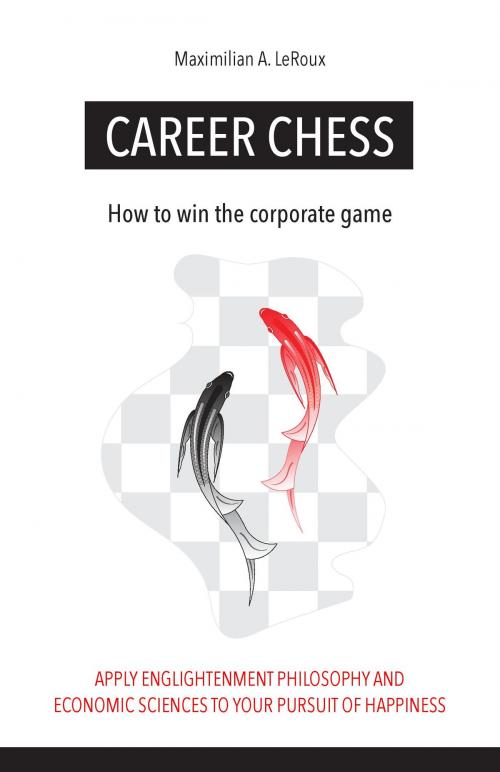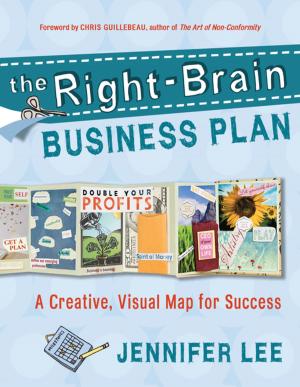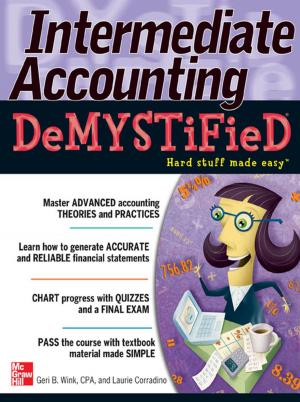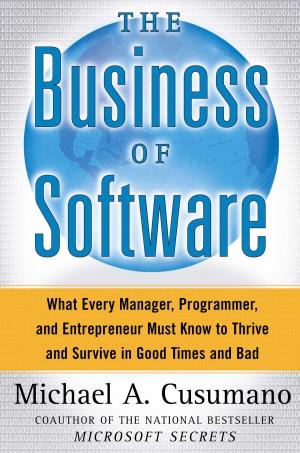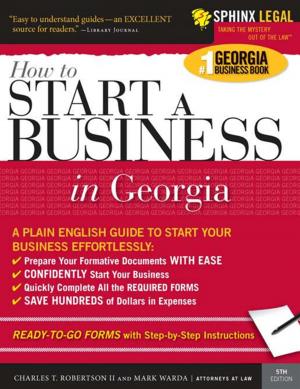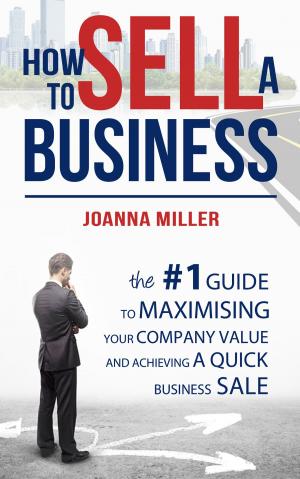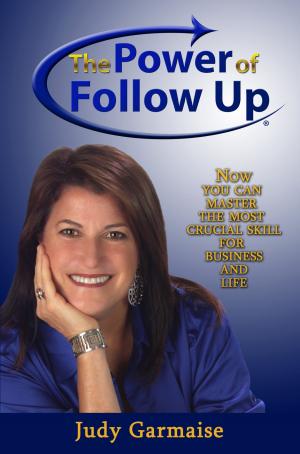Career Chess
How to win the corporate game
Business & Finance, Career Planning & Job Hunting, Careers, Entrepreneurship, Entrepreneurship & Small Business| Author: | Maximilian LeRoux | ISBN: | 1230002049144 |
| Publisher: | Maximilian LeRoux | Publication: | December 14, 2017 |
| Imprint: | Language: | English |
| Author: | Maximilian LeRoux |
| ISBN: | 1230002049144 |
| Publisher: | Maximilian LeRoux |
| Publication: | December 14, 2017 |
| Imprint: | |
| Language: | English |
If you’re stuck within a corporate bureaucracy, unable to reach your full potential, then you must read this introspective primer on how to become your own boss. Career chess is laden with real life events, historical and scientific references, and insights on how to become a successful entrepreneur.
Live free and make money at the same time. Do what you always wanted to do.
Career Chess combines Game Theory, Martial Arts, Political and Economic Sciences, Corporate hierarchies and entrepreneurial spirit into an actionable handbook for a freedom-centric career leading to happiness and success.
Do a job you love you and never work a day in your life, Confucius said over two thousand years ago. That hasn’t changed yet, but it seems forgotten. Then again, it’s easier said than done. Maximilian LeRoux, author of Career Chess, states: "Nothing has distracted me more on an everyday basis than the constant thought around the question of what liberty means in a corporate world."
Life, liberty and the pursuit of happiness has become a rat race for money and social sex appeal. Like hamsters on a treadmill, we are chasing the corporate carrot with a false sense of success and security. Without any real need. Freedom is the capability to “live a life that you know to value because of your own reasons” as Economics Nobel Prize winner Amartya Sen (*1933) described it.
Starting his career full of enthusiasm, just like most young professionals, very soon Mr. LeRoux was stunned that talent and hard work alone weren’t enough. At times they didn’t seem necessary at all. Looking around one can observe quite a few inept leaders, some of which are complete idiots. There must have been other reasons than talent that lifted them into their positions.
Why do some people who seem to have no skill make it, and others don’t? How can I make my way up?
Main stream career literature is missing something. Career is usually narrowed down to an exhaustive hustle for
money and job titles with no end. Yet, everyone follows some logic and some belief on how to make a successful career. This was the needed clue to start this book: it’s all a game! Life is a big chess game with each figure
on the field coming with specific abilities and power; and all playing by certain rules.
Describing the origins today’s corporate world, initiated by the Industrial Revolution 200 years ago, Career Chess describes how the clockworks of corporations’ tick. Sun Tzu (544–496 B.C.), the ancient Chinese general and creator of the Art of War, said that “if you know the enemy and know yourself, you need not fear the result of a hundred battles.”
A good plan is half the victory. Once you realize that the world is not about you, even a difficult boss, a rigid hierarchy, or an overwhelming bureaucracy are just some of the hurdles you’ll have to take in order to get where you want. You can learn how to deal with any situation in life by analyzing and seeing it within the context of the
environment it happens.
If you’re stuck within a corporate bureaucracy, unable to reach your full potential, then you must read this introspective primer on how to become your own boss. Career chess is laden with real life events, historical and scientific references, and insights on how to become a successful entrepreneur.
Live free and make money at the same time. Do what you always wanted to do.
Career Chess combines Game Theory, Martial Arts, Political and Economic Sciences, Corporate hierarchies and entrepreneurial spirit into an actionable handbook for a freedom-centric career leading to happiness and success.
Do a job you love you and never work a day in your life, Confucius said over two thousand years ago. That hasn’t changed yet, but it seems forgotten. Then again, it’s easier said than done. Maximilian LeRoux, author of Career Chess, states: "Nothing has distracted me more on an everyday basis than the constant thought around the question of what liberty means in a corporate world."
Life, liberty and the pursuit of happiness has become a rat race for money and social sex appeal. Like hamsters on a treadmill, we are chasing the corporate carrot with a false sense of success and security. Without any real need. Freedom is the capability to “live a life that you know to value because of your own reasons” as Economics Nobel Prize winner Amartya Sen (*1933) described it.
Starting his career full of enthusiasm, just like most young professionals, very soon Mr. LeRoux was stunned that talent and hard work alone weren’t enough. At times they didn’t seem necessary at all. Looking around one can observe quite a few inept leaders, some of which are complete idiots. There must have been other reasons than talent that lifted them into their positions.
Why do some people who seem to have no skill make it, and others don’t? How can I make my way up?
Main stream career literature is missing something. Career is usually narrowed down to an exhaustive hustle for
money and job titles with no end. Yet, everyone follows some logic and some belief on how to make a successful career. This was the needed clue to start this book: it’s all a game! Life is a big chess game with each figure
on the field coming with specific abilities and power; and all playing by certain rules.
Describing the origins today’s corporate world, initiated by the Industrial Revolution 200 years ago, Career Chess describes how the clockworks of corporations’ tick. Sun Tzu (544–496 B.C.), the ancient Chinese general and creator of the Art of War, said that “if you know the enemy and know yourself, you need not fear the result of a hundred battles.”
A good plan is half the victory. Once you realize that the world is not about you, even a difficult boss, a rigid hierarchy, or an overwhelming bureaucracy are just some of the hurdles you’ll have to take in order to get where you want. You can learn how to deal with any situation in life by analyzing and seeing it within the context of the
environment it happens.
